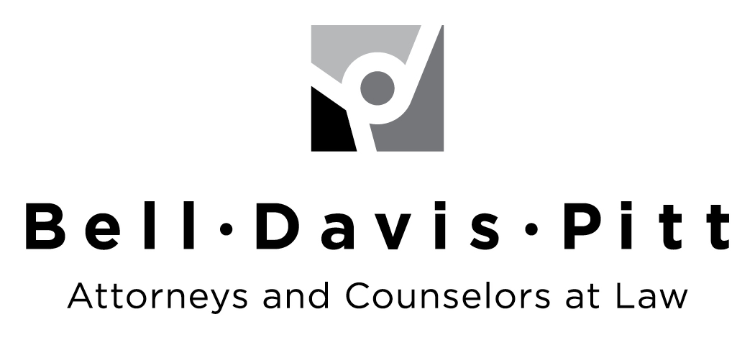The Basics of Starting a New Business from a Tax Perspective
Friday, September 09, 2022 | By: John Cocklereece, Jr. & Travis Woolen
There are many challenges in starting a new business. One important one is making sure you are handling your tax filing and paying obligations correctly. The process can seem daunting, but IRS.gov has resources to help new business owners.
Here are a few things new entrepreneurs need to do relating to taxes when starting their business, courtesy of the IRS.
CHOOSE A BUSINESS STRUCTURE
The form of business determines which income tax return a business taxpayer needs to file. The most common business structures are:
• Sole proprietorship: An unincorporated business owned by an individual. There's no distinction between the taxpayer and their business.
• Partnership: An unincorporated business with ownership shared between two or more people.
• Corporation: Also known as a C corporation. It's a separate entity owned by shareholders.
• S Corporation: A corporation that elects to pass corporate income, losses, deductions, and credits through to the shareholders.
• Limited Liability Company: A business structure allowed by state statute.
CHOOSE A TAX YEAR
A tax year is an annual accounting period for keeping records and reporting income and expenses. A new business owner must choose either:
• Calendar year: 12 consecutive months beginning January 1 and ending December 31.
• Fiscal year: 12 consecutive months ending on the last day of any month except December.
APPLY FOR AN EMPLOYER IDENTIFICATION NUMBER
An EIN is also called a federal tax identification number. It's used to identify a business. Most businesses need one of these numbers. It's important for a business with an EIN to keep the business mailing address, location, and responsible party up to date. IRS regulations require EIN holders to report changes in the responsible party within 60 days. They do this by completing Form 8822-B, Change of Address or Responsible Party, and mailing it to the address on the form.
Have all employees complete these forms
• Form I-9, Employment Eligibility Verification U.S. Citizenship and Immigration Services
• Form W-4 Employee's Withholding Allowance Certificate
PAY BUSINESS TAXES
The form of business determines what taxes must be paid and how to pay them. Generally, federal income taxes will have to be paid in some fashion, either directly by the business entity [e.g., C-Corp] on its taxable income or by the owners of the entity when the entity's taxable income is passed through to the owners [e.g., S-Corp/partnerships]. Income tax returns are generally filed on an annual basis. Even if the taxable income is passed through to the owners, the entity generally files a tax return to show what/how the taxable income is passed through. If the entity has employees, then tax withholding must be done on wages paid and payroll tax returns [Form 941] filed to report and pay not only the tax withheld but also to pay the payroll tax obligations of the business entity. Payroll tax returns are filed on a quarterly basis, but the payroll tax payments may need to be made more frequently based on the size of the payroll. Failure to pay over the tax withholdings from employees may result in personal liability assessed against owners or other "responsible persons" of the business, so it is essential to ensure that payroll tax obligations are handled correctly. There is also a federal unemployment tax return [Form 940] to be filed and tax paid.
VISIT STATE TAX WEBSITE
Prospective business owners should visit their state's website for info about state tax requirements. Most states have a state income tax that will be applicable on the taxable income of the entity unless it is a pass-through entity. States also have state income tax withholding/paying requirements on wages paid to employees. Additionally, states may have unemployment tax requirements. Finally, unlike the federal government, states typically have sales/use taxes that must be collected on sales and paid over periodically to the state. Personal liability can be assessed on withheld taxes on payroll and on sales taxes not paid over to the state, so, again, it is especially important to make sure these liabilities are properly handled.






Leave a comment
0 Comments